News
Read more about the latest news about RVCL-S and our research! Our research group consists of internationally renowned doctors and researchers from various departments in the LUMC. In addition, we work together with researchers from the Netherlands and abroad. Via this website we want to keep patients and their families as well as other healthcare providers informed about our research into RVCL-S.
-
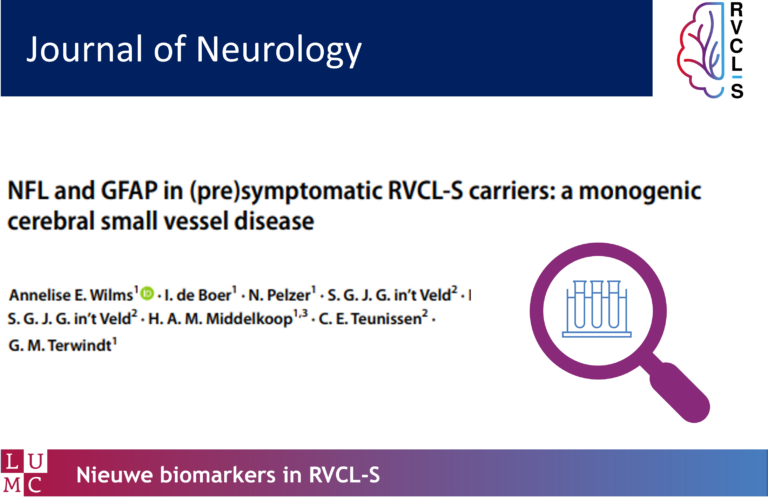
NFL and GFAP in RVCL-S
Researchers from the LUMC and Amsterdam UMC have published a new article about the biomarkers NFL and GFAP in RVCL-S. They measured the levels of these biomarkers in blood and cerebrospinal fluid and compared them with healthy controls. They found increased NFL values in (pre-)symptomatic RVCL-S patients. They also found an association between NFL and GFAP levels and the patients’ cognitive function. You can read the full article here.
-
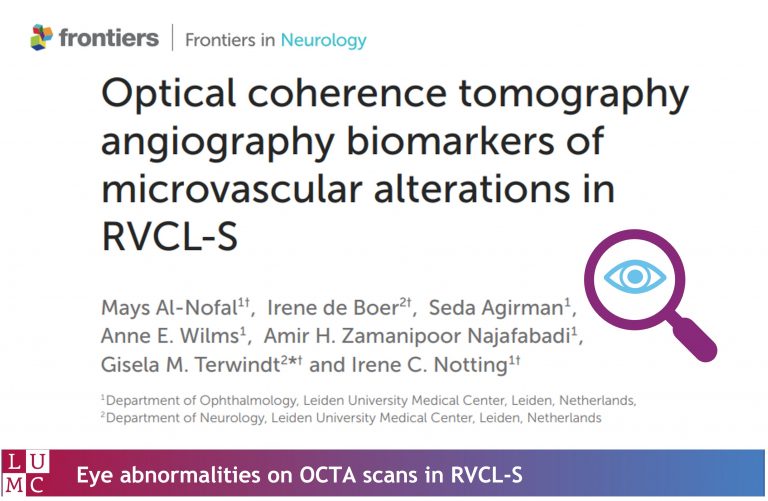
Eye abnormalities on OCTA scans in RVCL-S
Researchers at the LUMC have recently published about abnormalities in the eyes of RVCL-S patients. With OCTA (Optical Coherence Tomography Angiography) scans they evaluated the blood vessels of the retina. They found that their were less blood vessels present in RVCL-S patients compared to healthy controls. Click here for more information!
-
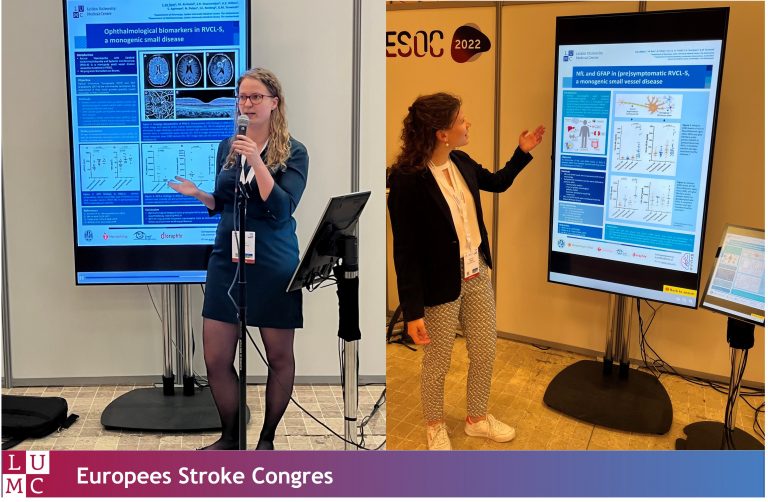
European Stroke Congress
Researchers of the LUMC have visited the European Stroke Congress (ESOC) in Lyon. They gave a short presentation about their work on RVCL-S. By visiting international congresses they try to increase the awareness of RVCL-S worldwide.
-
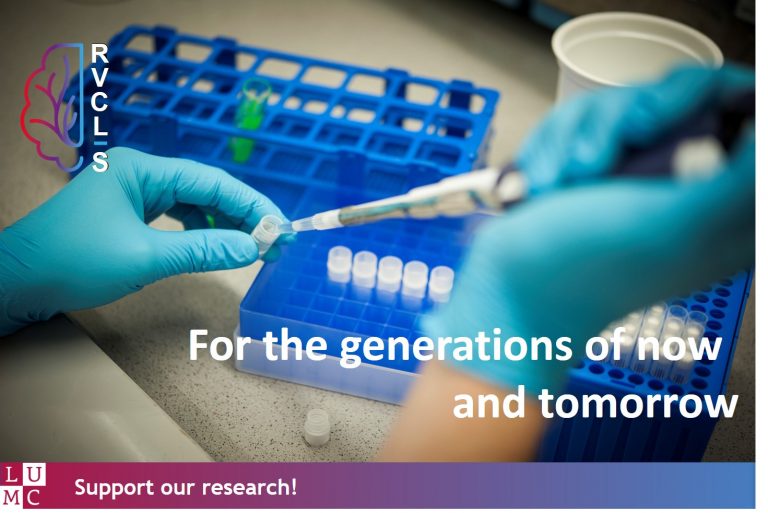
Support our research!
Donate to support RVCL-S research in the LUMC. All help is appreciated and will go towards understanding RVCL-S and finding a treatment. Even small amounts can contribute towards (partially) funding our projects. Moreover, donations are often tax deductible. For more information click here.
-
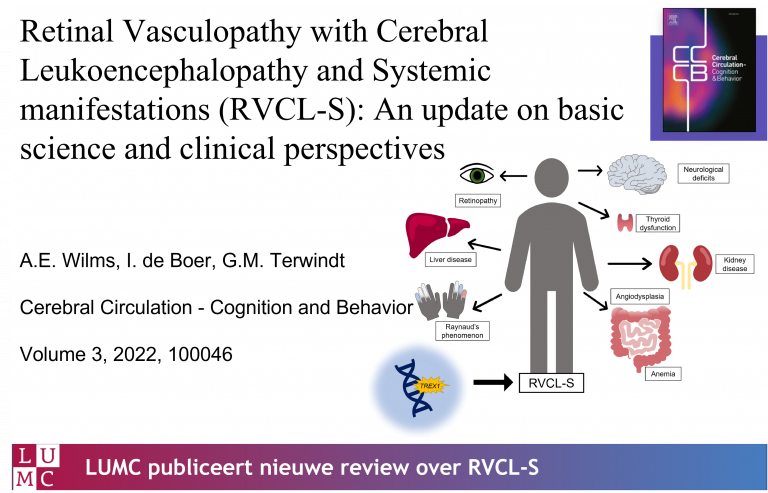
Review about RVCL-S
Physicians of the LUMC have published a new review about RVCL-S. They describe the key features of the disorder and the most common complications that can occur. The latest scientific insights abour RVCL-S are also being discussed. The review is published in the scientific paper Cerebral Circulation Cognition and Behaviour. You can read the full review here.
-
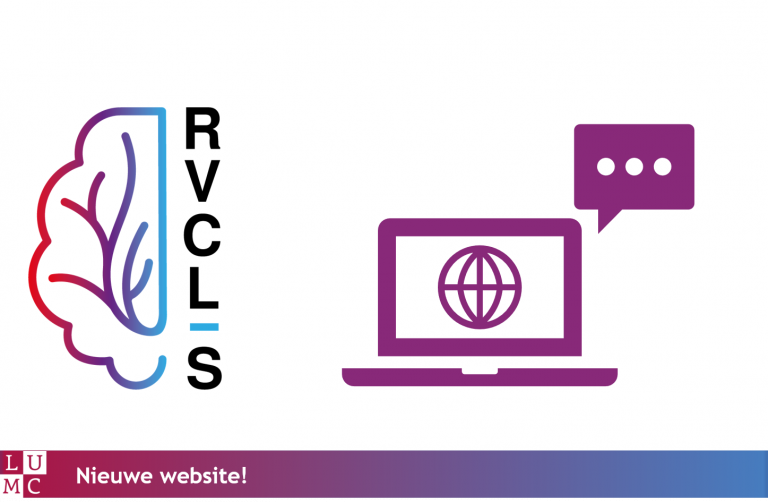
New website
As of today, the new RVCL-S website of the LUMC is live! Information for patients, their relatives and care providers is bundled on this website. You can also find the latest news about the research into RVCL-S here.
